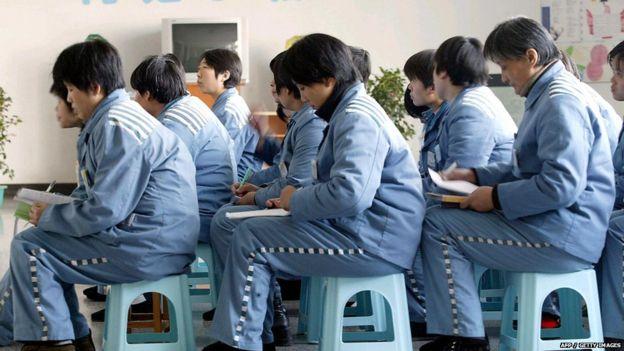Why should law-abiding taxpayers’ money be spent on the education of prisoners who generate no income and have no respect for the law? Why should a criminal be given access to a free education when law abiding citizens bleed themselves dry trying to pay for college? Isn’t prison a form of punishment, and not an overly idealistic notion of reform? Aren’t these seasoned convicts just going to go back to breaking the law once they are released?
These are just some of the inadequate, misinformed and misleading arguments made against extending Pell Grant access to prisoners so they can take classes at local colleges and universities. In reality, education can be the key to the effective re-entry of criminals into civil society. A 2014 Bureau of Justice Statistics report found that between 2005-2010, over two-thirds of prisoners were rearrested within three years of their release. Given this alarmingly high rate of recidivism, a college education can not only help reform individuals and give them opportunities, but also help save taxpayers’ money in the long run.
How does spending a huge sum of money on a prison education program help save taxpayers’ money? It’s actually fairly simple. In case you missed this statistic after six democratic debates, here it is again: the US population represents 4 percent of the world’s total population, but 22 percent of the prison population. To put this in perspective, in New York State about 54,000 individuals are currently incarcerated, and the average annual cost of incarceration is a whopping $60,000 per individual. Yet, of the 24,000 individuals released every year, over 40 percent are reincarcerated within three years, most often for economically driven crimes (like robbery, and theft as opposed to murder, rape, etc.)
This represents a huge cost to taxpayers, not just as a social cost, but also in terms of the amount of taxpayers’ money that will be spent on reincarcerating these individuals. It is clear that the current system does not do nearly enough to reform these individuals, or give them a fair chance at employment once they are released. There has to be a more efficient use of tax monies, and education is it. To illustrate: The cost to jail an adult in Washington is approximately $35,000 per annum, while the cost to provide education in prisons is only $2,500. In a prominent study, the RAND Corporation found that prisoners who received education were 43 percent less likely to return to prison. Consequently, for every $1 spent on education, $5 is saved in reduced reincarceration costs.
But why do we need Pell Grants to support this education? Because it is entirely unaffordable to these individuals otherwise. Tuition for college classes is far beyond their very limited means. Hope is to be found in the knowledge that recently, the U.S. Department of Education announced Second Chance Pell grants. It is an experimental program to help demonstrate the power of education in fixing our justice system. But this is not free college for all inmates, only those prisoners released in the next five years are eligible. Read: It is still just not enough!
Prison education is not revolutionary: it has been long overdue. These individuals, most often also battling racism, poverty and violence, do not deserve to be defeated by the justice system. They deserve at least a chance at employment and a better life once they are released, and education is at the center of it.
Schools across the country, Wellesley included, need to put their best foot forward to participate in these prison education programs, and also to eliminate all barriers these individuals face in obtaining an education once they are released. Injustice is now the law, and resistance is our duty: This is the opportunity for schools and students alike to stand-up to restore this human right for individuals who have long been deprived of it.





Dr. Necessitor | Feb 25, 2016 at 9:48 pm
Great opinion piece. No matter your political stripe, it should be obvious that our justice system clearly needs an enema. Drugs should be decriminalized. Mandatory minimum sentences repealed. And prisoners must be released with a realistic chance to reintegrate into society and make a real living. Education is a major part of that formula. I’m a right-of-center moderate so you lefties are not alone in seeing the need for major prison/justice reform. 🙂